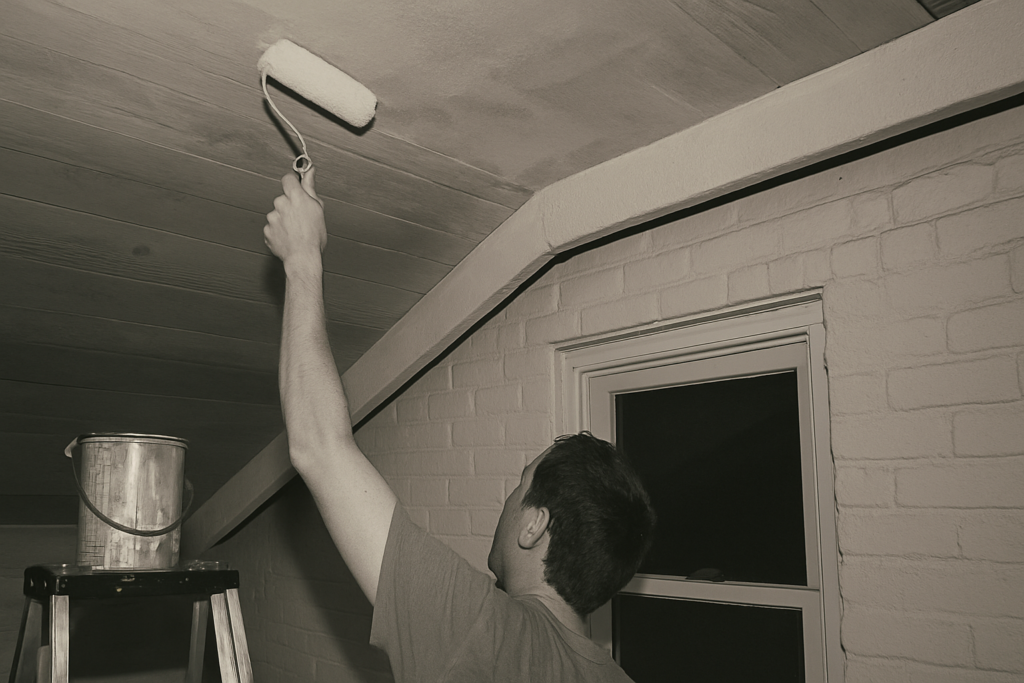Understanding Buyer Priorities
Buyers often analyze multiple factors before making decisions. Recognizing their core priorities can provide valuable insights for sellers and marketers.
The Importance Of Value
Value drives buyer decisions across industries. I often see buyers seeking a balance between cost and benefits, prioritizing offerings that deliver durability, efficiency, and enhanced functionality. High-quality materials, low maintenance costs, and warranties increase a product’s perceived value. In real estate, energy-efficient installations and modern designs often justify higher prices, while in technology, multifunctional and reliable devices hold greater appeal.
Trends Influencing Buyer Preferences
Buyer preferences shift with lifestyle, technology, and sustainability trends. Smart home features, like automated lighting or thermostat systems, attract modern homeowners. In technology, buyers lean toward eco-friendly and compact devices. Sustainable materials and energy-saving solutions now influence preferences in homes and vehicles. Understanding these evolving trends lets sellers anticipate buyer demands effectively.
Key Features That Buyers Value

Buyers prioritize specific features that meet both practical and emotional needs. I’ve identified several key aspects that consistently enhance product or property appeal.
Quality And Durability
Quality materials and durable construction are essential. Buyers seek items that can withstand prolonged use with minimal wear. For example, in real estate, high-grade flooring, premium countertops, and solid roofing indicate lasting value. In tech, devices with robust hardware and long-lasting batteries dominate preferences. Durable choices provide confidence in the purchase, reducing the need for repairs or replacements.
Cost-Effectiveness
Affordable ownership costs amplify perceived value. Buyers examine total expenses, including maintenance, ongoing bills, and potential resale value. Energy-efficient appliances, for instance, lower utility costs in homes, while hybrid cars reduce fuel expenditures. Products with warranties, like extended guarantees on electronics, further enhance cost-effectiveness by mitigating future expenses.
Unique Selling Points
Distinctive features set products apart in competitive markets. Buyers gravitate toward standout benefits, such as smart home integrations that simplify daily living or customizable cars offering tech upgrades. In real estate, standout amenities like solar panels, outdoor kitchens, or personalized layouts create immediate appeal. Unique elements directly address specific buyer needs, fostering stronger emotional connections.
Practical Considerations For Buyers
Buyers focus on practical aspects that simplify ownership and enhance long-term satisfaction. Features addressing usability, upkeep, and support make products or properties more appealing.
Ease Of Use
- Products and properties that simplify user interaction hold significant value.
- Intuitive designs, such as automated systems in tech devices or easy-to-use appliances in homes, attract buyers.
- Multifunctionality that integrates seamlessly with daily routines, like smart home hubs or modular furniture, also enhances usability.
Maintenance Requirements
Low-maintenance options always attract attention. Durable materials like quartz countertops in real estate or stainless steel in appliances reduce repair needs. In tech, updates and serviceability are key; devices requiring minimal upkeep without compromising performance often stand out. Buyers prioritize options with clear upkeep plans to avoid unexpected costs.
Customer Support And Warranty
- Reliable post-purchase support builds confidence.
- Extended warranties, service coverage, and accessible customer support systems, such as 24/7 helplines or chat services, are major influencers.
- Transparent return policies and detailed product documentation further enhance appeal by offering security if issues arise.
Emotional And Aesthetic Appeal
Buyers often seek features that evoke positive emotions and visually resonate with their tastes. The ability to connect with a product or property on a personal level influences purchasing decisions significantly.
Design And Presentation
Design and presentation directly impact a buyer’s first impression. In real estate, well-staged spaces with cohesive color palettes and balanced decor enhance appeal. For example, open floor plans with ample natural light create inviting atmospheres. In consumer products, sleek craftsmanship, ergonomic forms, and intuitive layouts draw attention. Apple’s minimalist packaging and device design exemplify how presentation aligns with buyer expectations.
Clean finishes, symmetry, and attention to detail signal quality and care, which buyers value highly. Bold yet tasteful design elements, such as statement kitchen islands or tech devices with unique aesthetics, establish distinctive appeal. These visual cues not only add charm but also reinforce a sense of exclusivity.
Brand Reputation
A trusted brand reputation fosters buyer confidence. Brands associated with quality, consistency, and reliability attract customer loyalty. For instance, in real estate, builders known for constructing well-designed homes with durable materials hold higher buyer interest. In the tech industry, well-established brands like Samsung or Lenovo bolster trust through consistently reliable products.
Positive reviews, endorsements, and consistent performance reinforce a brand’s credibility. Buyers are more likely to invest in products or properties that carry a proven track record. Limited recalls, transparent communication about materials or features, and respected industry certifications further amplify brand trust. Each of these elements ensures buyers associate the aesthetic and emotional appeal of a purchase with genuine reliability and long-term satisfaction.




